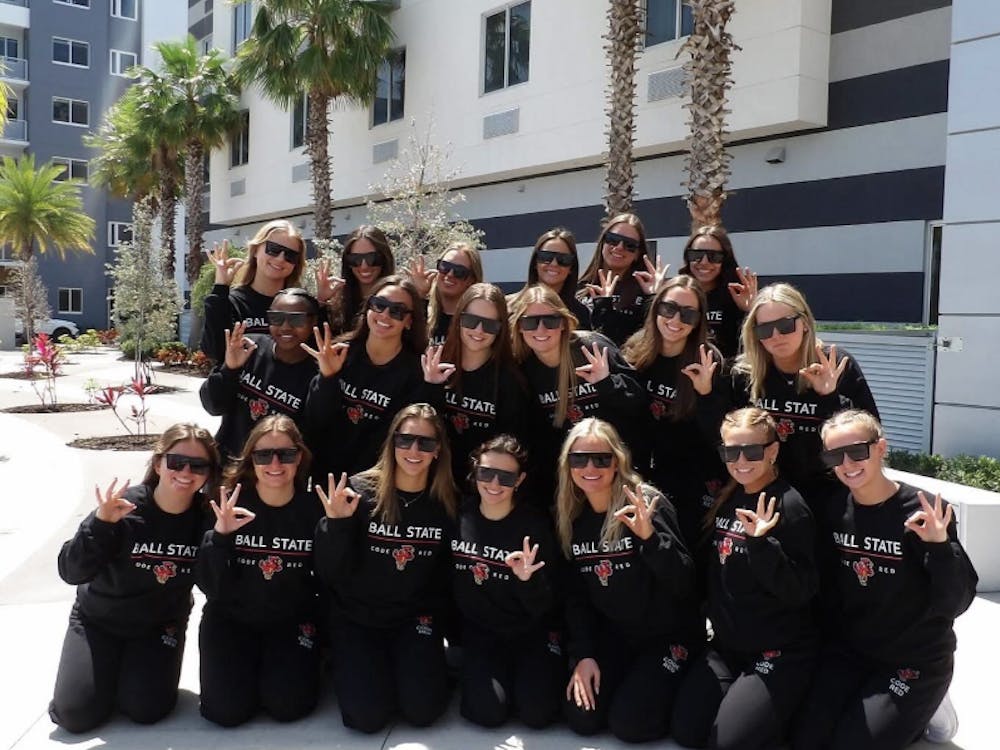Some decisions are more important than others because they can determine the rest of our future. Picking a major is one of those decisions. Some students come into college with a major picked already because they have a passion they want to pursue. Others choose to take core classes and see what they are interested in and then pick a major that suits them.
However, most students do not take into account that not all majors are created equal.
Some students walk out of college with a job offer while others wait months or even years to find a job that corresponds to the major/degree they picked. Economic professor, John Horowitz, recommends for students to do research about how much they will be paid and the unemployment rate of the major to know if they will be able to find a job after graduation.
“It depends on the demand of your field,” Horowitz said. For example, any type of health care will always be in high demand, he said. This makes the majors that will correspond to those fields to be on top of the employment.
Nursing major, junior Alexa Avey, had chosen art as her major when she first enrolled at Ball State University. After considering some factors, she decided to go for a nursing degree.
“I compared how much I would make with each degree,” Avey said. She picked nursing because she knew she would be better off financially with that degree. Avey says she is confident about how her life will be after she graduates because she believes that she can move anywhere and be a nurse.
While some students are able to choose a major by themselves, others need guidance to make the best decision for them and to look at the reality of the consequences of choosing a specific major. David Owens, academic major and minor coordinator, helps Ball State students through the process.
Owens said, “Sometimes students who are undecided will migrate to a particular thought of interest, but with no idea of where it will lead them.”
Owens helps students by asking them what are their family and personal values, where would they like to live, and how much do they want to make a year. He helps student look at a bigger picture and helps them combine their interests to find a major or majors that will help their career paths later on in life.
Owens said, “I encourage them to pick something that they are passionate about, but can have a sustainable career at the same time.”
Andre Fries, junior architecture major, believes that his passion is architecture. He has always found it fascinating because to him it’s a scientific and artistic form of design.
Despite the fact that architecture is at a 10.6 percent unemployment rate according to a chart published by the Wall Street Journal, Fries thinks he will be able to find a job.“I think the employment in architecture is based on the individual,” Fries said.
Based on the individual or not, having a plan and looking at what job options are available for the major you picked is crucial. Joe Goodwin, assistant director of the Ball State Career Center, helps students match their degrees and skills with a job and career they can be prosperous in.
“We encourage students to use all sorts of career exploration,” Goodwin said. He tells students to go to job fairs and workshops no matter what their major is. This will assure students to have a better chance of finding a job once they graduate, he said.
Assuring that a bright future will be obtainable based on the major picked by researching and asking for help can be beneficial to any college student. Taking into consideration all of the factors, not only the passion or interest side, seems to be a reasonable way to go with when choosing a major.




